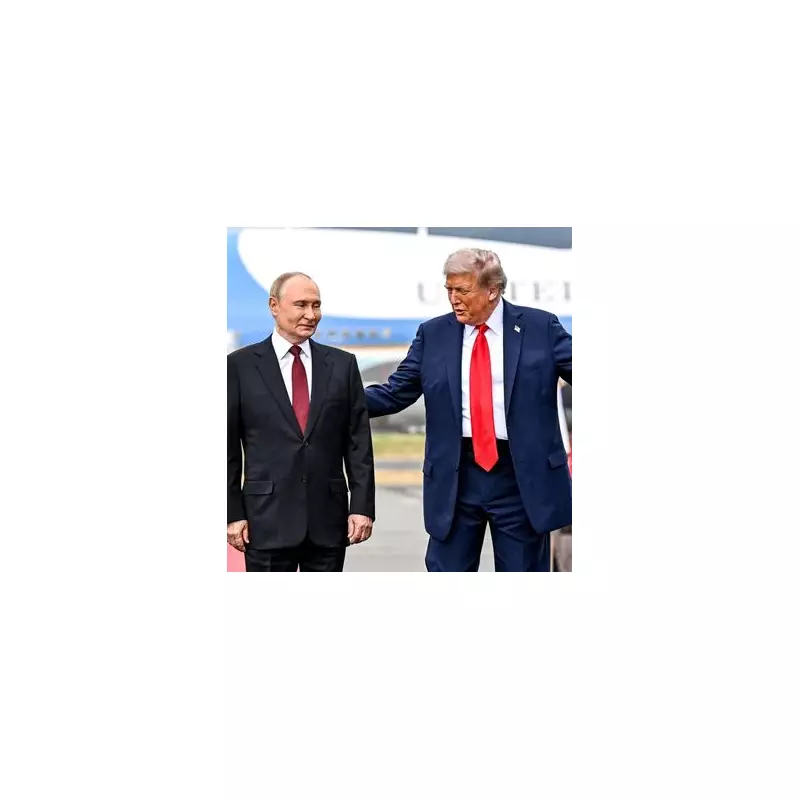
In a revelation that has sent shockwaves through diplomatic circles, former US President Donald Trump allegedly proposed constructing an enormous wall along Russia's 70-mile border with NATO territory during private discussions with European leaders.
The Border Wall That Could Redefine European Security
According to explosive reports, Trump suggested building a physical barrier separating Russia's Kaliningrad exclave from neighbouring Poland and Lithuania. The controversial proposal emerged during what sources describe as "off-the-record" conversations where Trump reportedly claimed such a wall would "solve the Russia problem."
Kaliningrad: Europe's Strategic Flashpoint
The focal point of this extraordinary suggestion is the Suwalki Gap - a narrow 70-mile stretch of land connecting Kaliningrad to Belarus. Military strategists have long identified this corridor as NATO's most vulnerable point, often described as the alliance's "Achilles heel."
Kaliningrad itself represents one of Europe's most heavily militarised regions, housing:
- Advanced Russian missile systems
- Nuclear-capable facilities
- Substantial ground forces
- Baltic Fleet headquarters
Diplomatic Fallout and European Reactions
European officials who heard the proposal were reportedly stunned, with one diplomat describing it as "geopolitical madness." The suggestion has raised serious concerns about Trump's understanding of European security dynamics should he return to power.
Security experts have highlighted multiple critical flaws in the wall concept:
- It would effectively legitimise Russian territorial claims
- Construction would require navigating complex international laws
- The project would create unprecedented environmental and social disruption
- It ignores the sophisticated nature of modern hybrid warfare threats
A Pattern of Controversial Border Policies
This isn't the first time Trump has championed massive border infrastructure. His presidency was defined by the controversial US-Mexico border wall project, which faced numerous legal challenges and cost billions.
European leaders now fear that a second Trump administration might pursue similarly unilateral approaches to international security, potentially undermining decades of carefully built diplomatic relationships.
What This Means for NATO's Future
The proposal comes at a critical juncture for the Western military alliance. With ongoing conflicts in Ukraine and increasing global instability, NATO members are grappling with how to maintain unity in the face of potential political shifts among key members.
Military analysts suggest that rather than physical barriers, the real need is for enhanced electronic surveillance, rapid response forces, and strengthened diplomatic engagement in the region.
As the world watches Trump's potential political comeback, this revelation about his private discussions with European leaders suggests that traditional diplomatic approaches could face radical rethinking, with consequences that might reshape European security architecture for generations.





